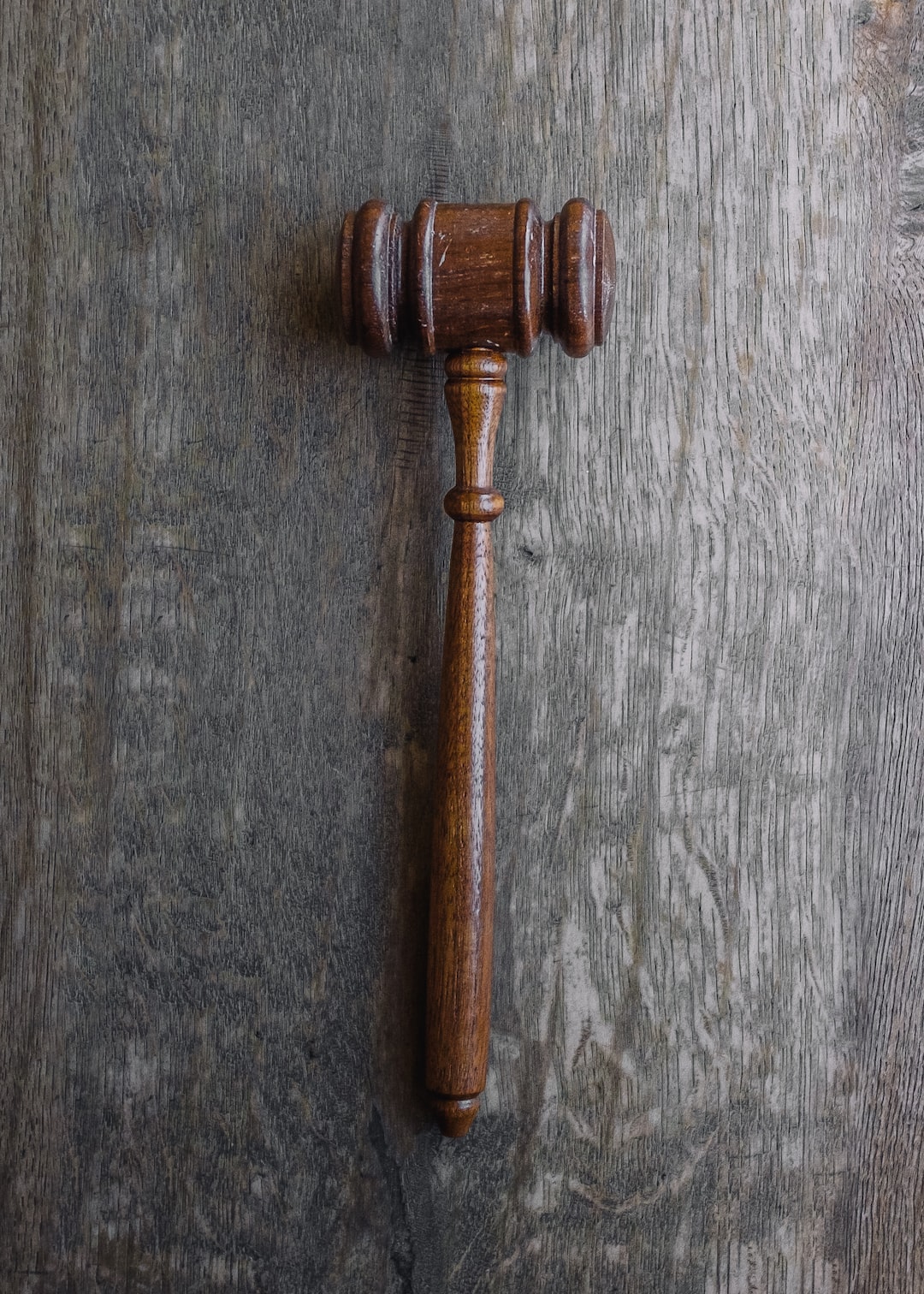The Importance of Knowing Your Legal Rights During a Police Encounter
In recent years, there has been a growing concern surrounding police encounters and the rights of individuals involved. It is essential for everyone to have a clear understanding of their legal rights in these situations in order to protect themselves and ensure fair treatment. Knowing your legal rights during a police encounter is crucial to safeguarding your personal rights and preventing potential abuses of power. This blog post aims to highlight the significance of being informed and prepared when encountering law enforcement.
First and foremost, one should be aware of their rights under the Fourth Amendment of the United States Constitution. This amendment protects individuals from unreasonable searches and seizures by the government. It is vital to remember that you have the right to be free from unreasonable searches and seizures unless the police have obtained a warrant or have probable cause to believe you have committed a crime. Understanding this right empowers individuals to actively participate in encounters with law enforcement and be aware of the limits of police authority.
Another essential right to know during a police encounter is the right to remain silent. The Fifth Amendment grants individuals the privilege against self-incrimination, meaning you have the right to refuse to answer questions that may incriminate you. This right ensures that individuals do not have to provide potentially damaging information that could be used against them. It is important to exercise this right respectfully and politely, as anything you say may be used against you in a court of law.
Additionally, the Sixth Amendment guarantees individuals the right to legal counsel. If you are arrested or taken into custody, you have the right to an attorney. It is crucial to remember that this right applies not only during trials but also during police interrogations. You have the right to have an attorney present while being questioned by the police, as they can provide valuable guidance and protection throughout the process. It is imperative to insist on having legal representation present, as they can help ensure that your rights are upheld.
Understanding these fundamental rights is imperative, but it is equally important to know how to exercise them effectively. Remaining calm and composed during police encounters can go a long way in protecting your rights. It is crucial not to resist or become confrontational with law enforcement officers, as this potentially escalates the situation. Politely asserting your rights while remaining cooperative can promote a more peaceful and respectful interaction.
In addition to knowing your rights, it is vital to be able to identify and document any potential violations that may occur during a police encounter. Recording the interaction with your smartphone, if it is safe to do so, can provide valuable evidence in case of misconduct or dispute. Furthermore, obtaining the names and badge numbers of the officers involved can help in reporting any abuses of power.
Knowing your legal rights during a police encounter is not only important for your own protection but also for holding law enforcement accountable. By staying informed and understanding your rights, you can contribute to a fair and just system. There are various resources available online and in communities that provide information about legal rights during police encounters. Familiarizing yourself with these resources can empower you to assert your rights confidently and responsibly.
In conclusion, being knowledgeable about your legal rights during a police encounter is essential for every individual. Understanding the Fourth, Fifth, and Sixth Amendments provides a foundation for protecting yourself from unreasonable searches and seizures, self-incrimination, and ensuring access to legal counsel. Equally important is exercising these rights calmly and respectfully, advocating for accountability, and documenting any potential violations. By having a comprehensive understanding of your rights, you can help create a safer and fairer environment for everyone involved in police encounters.

